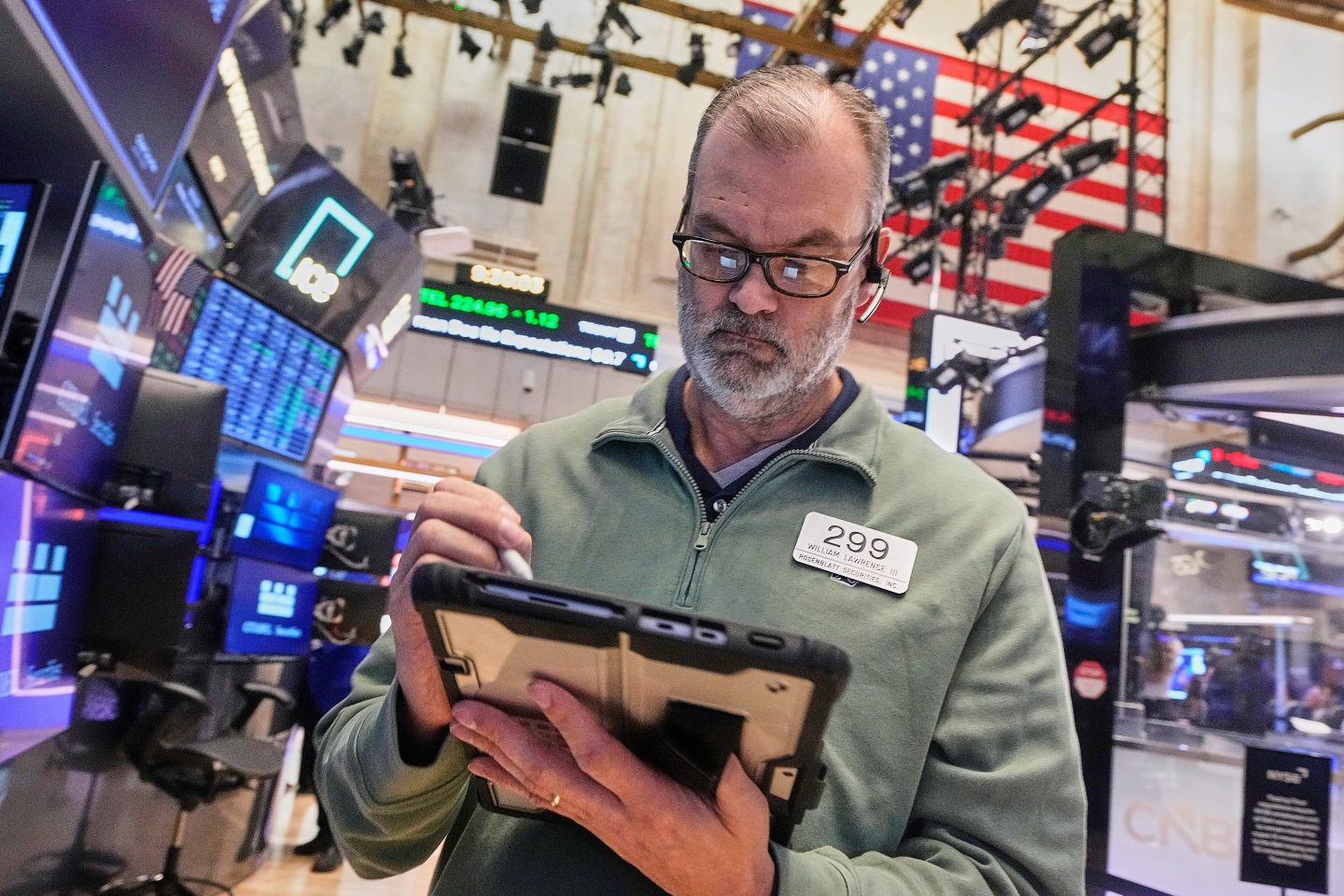On Friday, the U.K. Voted to leave the European Union. While there were multiple factors that motivated 52% of voters to select Brexit as the best next step for their country, a big one was immigration.
Simply put, many Brits wanted to roll it back. Or, in the words of the Republican presidential nominee Donald Trump, who drew parallels between the political climate in the U.K. And his own political movement in the U.S., “people want to see borders — they don’t necessarily want people pouring into their country.”
Many of the people “pouring” into the U.S. And U.K. Today, however, could be tomorrow’s entrepreneurs.
The link between immigrants and entrepreneurship is well established. In a 2015 report based on anonymous surveys of 10,000 U.K. Adults the Global Entrepreneurship Monitor, a nonprofit consortium, found about 15% of the country’s immigrants had started their own company within the last three-and-a-half years or had taken steps to do so, compared with just over 5% of lifelong U.K. Residents.
Related: What Richard Branson, Mark Cuban and Other Business Leaders Think of Brexit
Jonathan Levie, one of the report’s authors, speculates that this is due in part to the universal immigrant experience. Making the decision to pick up and leave one’s homeland often requires a “curiosity about the world,” he says. Being thrust in a new environment also encourages fresh insights: Immigrants have a baked-in point of comparison, “which can lead to opportunities and the recognition that there are things missing [in their new country] and they can fill in the gap.”
That said, leaving it all behind to pursue new opportunities can translate into starting anew — immigrants often arrive with little. This helps explain why for established business owners, the equation flips: 4.6% of lifelong U.K. Residents have owned their business for more than three and a half years, versus 4.1% of immigrants. (For the record, this lower percentage does not appear to be due to a higher rate of failure among entrepreneur immigrants; only 1% of immigrants closed a business in the last 12 months, a lower percentage than U.K.-born individuals, says Levie.)
If you control for age, gender, ethnic minority status, education and region, “immigrants still have around double the odds of being an entrepreneur than U.K.-born individuals who have never lived abroad,” he says.
The same phenomenon is true in the U.S.; according to the Kauffman Foundation, immigrants are twice as likely as native–born residents to start their own companies. Closing the borders would likely keep out the next generation of Coins2Day 500 and unicorn founders: A report from 2010 found that more than 40% of Coins2Day 500 companies were founded by an immigrant or the child of an immigrant, while a separate report found that 50% of unicorn companies, i.e. Private startups valued at $1 billion or more, had at least one immigrant founder.
“Immigrants start explosive growth high-valued companies, but they also start mainstreet businesses,” says Jason Wiens, a policy director at the Ewing Marion Kauffman Foundation. Its these fast-growing tech startups that often get the outsized attention, but immigrants quietly made up one out of three small, independent businesses owners in 2013, according to a report by the nonpartisan Fiscal Policy Institute and the Americas Society/Council of the Americas.
“If you think about the act of immigrating, leaving your home country to a new place to start a new life, that in itself is a very entrepreneurial act,” says Wiens. “It involves risk taking.”
It’s this appetite for risk that unites all entrepreneurs — and explains why in the venn diagram of entrepreneurs and immigrants, the intersection is so large, says John Gartner, a psychologist and the author of The Hypomanic Edge.
It also helps explain why the U.S., and other countries that top the list of startup creation per capita such as Canada and Israel, have a large percentage of immigrants. “America has a self-selected population that’s different from the general population,” he says. “There’s an energy and tolerance for risk,” that comes with the ability to leave one’s home for the chance at a better opportunity. Closing the borders, be it in the U.K. Or the U.S., will likely lower the percentage of these “high-energy risk takers.”
Related: What Brexit Means for Entrepreneurs
Whether or not Brexit will have an impact on the U.K.’s overall entrepreneurial rate, however? It’s too soon to tell, says Levie.
Despite the nationalistic fervor inspired by Europe’s immigration crisis, it’s unclear whether Brexit means the U.K. Will actually take steps to dramatically tighten its borders. And the country’s hazy economic future could affect entrepreneurship rates — but as of yet, it’s unclear in which direction. While uncertainty is generally bad for business, recessions have a way of creating new entrepreneurs, as workers are laid off must find new opportunities outside the traditional workforce. (For both immigrants and native-born residents in the U.K., entrepreneurial activity went up following the 2008 financial crisis.)
Right now, with the shock of Brexit still fresh in his mind, Lewis is loathe to make any general statements. “There are so many unknowns,” he says.












